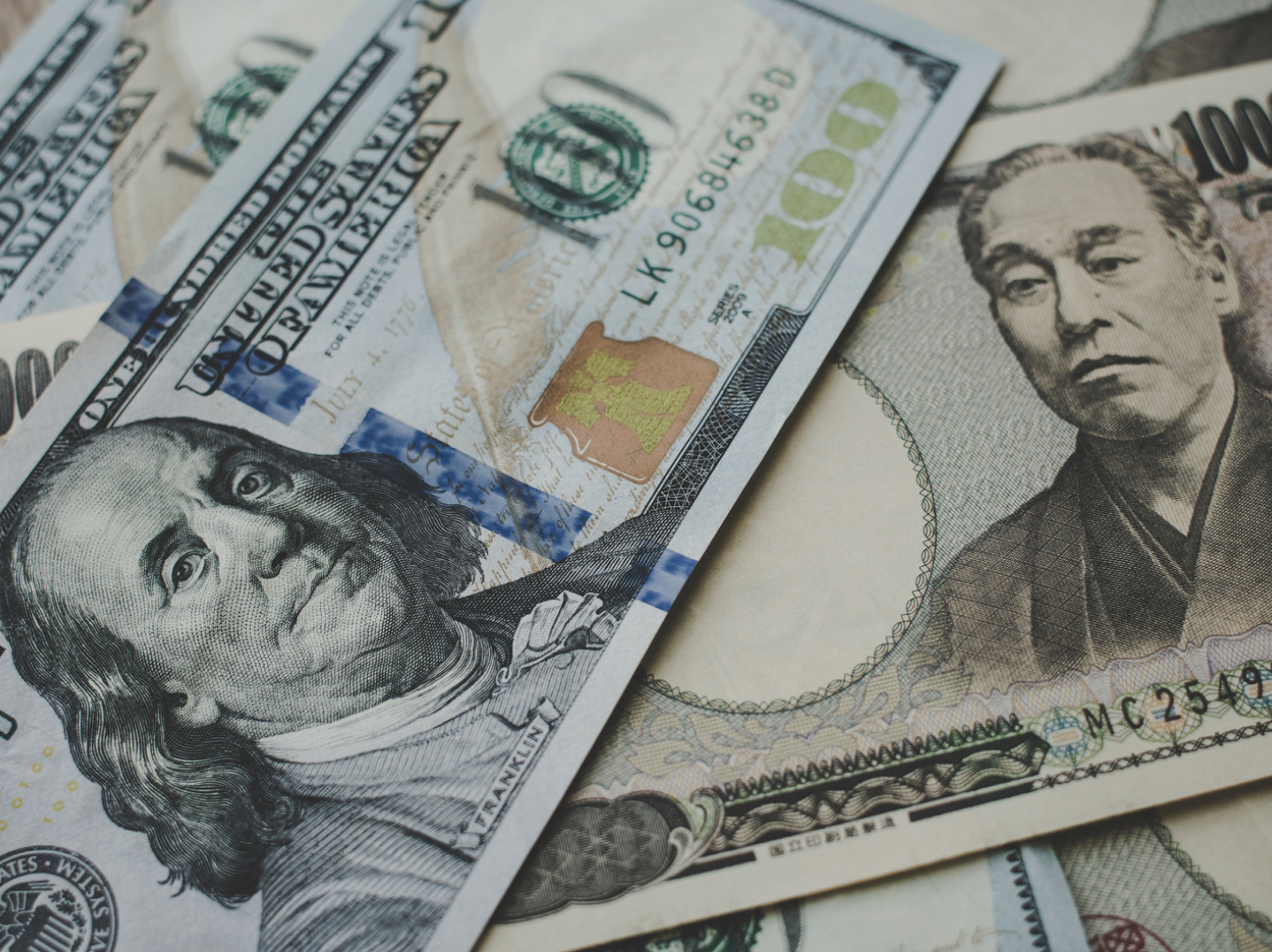The yen fell against the dollar on Monday during calmer currency market trading after a volatile week, while investors assess the likelihood of a significant Federal Reserve rate cut next month, anticipating a series of U.S. economic data releases.
This respite comes after a tumultuous week that saw a massive sell-off across currencies and stock markets, driven by concerns over the U.S. economy and the Bank of Japan’s hawkish stance. The week ended on a more stable note, with Thursday’s stronger-than-expected U.S. jobs data leading markets to reduce bets on Federal Reserve interest rate cuts this year.
“If global investor risk sentiment continues to improve in the week ahead, it is likely that market expectations for Fed rate cuts will continue to be scaled back,” currency analysts at MUFG stated in a note.
Despite this, investors are still pricing in 100 basis points of Fed cuts by the end of the year, according to the CME Group’s FedWatch tool. Upcoming U.S. producer and consumer prices data, due on Tuesday and Wednesday, could further influence market perceptions.
As of Monday, the dollar was trading at 147.55 yen, up 0.7%, and also up nearly 0.5% against the Swiss franc, at 0.8694. The euro dipped 0.1% to $1.0923, while the dollar index remained flat at 103.22. Sterling paused at $1.2761. Last week, the euro had risen as far as $1.1009 for the first time since January 2.
“Recession fears have weighed on investor sentiment since the release of U.S. employment data last week, which revealed a higher-than-expected rise in the unemployment rate. While a weaker labor market might be seen as a reason for optimism, as it could prompt the Federal Reserve to cut interest rates and return them to normal levels, the growing number of unemployed in the United States has heightened concerns about the potential for a recession,” said Mohamed Hashad, Chief Market strategist, at Noor Capital
Carry Trades Unwind
Markets, particularly Japan’s, were shaken last week by an unwinding of the popular yen carry trade, which involves borrowing yen at a low cost to invest in other currencies and assets offering higher yields. The violent sell-off in the dollar-yen pair between July 3 and August 5, triggered by Japan’s intervention, a Bank of Japan rate hike, and the subsequent unwinding of yen-funded carry trades, caused it to fall 20 yen.
Leveraged funds’ positions on the Japanese yen shrank to the smallest net short stance since February 2023 in the latest week, according to U.S. Commodity Futures Trading Commission and LSEG data released on Friday.
The yen reached its strongest level since January 2 at 141.675 per dollar last Monday. Despite this, it is still down around 4% versus the dollar so far this year.
J.P. Morgan analysts revised their forecast for the yen to 144 per dollar by the second quarter of next year, suggesting that the yen would consolidate in the coming months. “Carry trades have erased year-to-date gains; we estimate 65-75% of positioning being unwound,” they noted in a report on Saturday.





